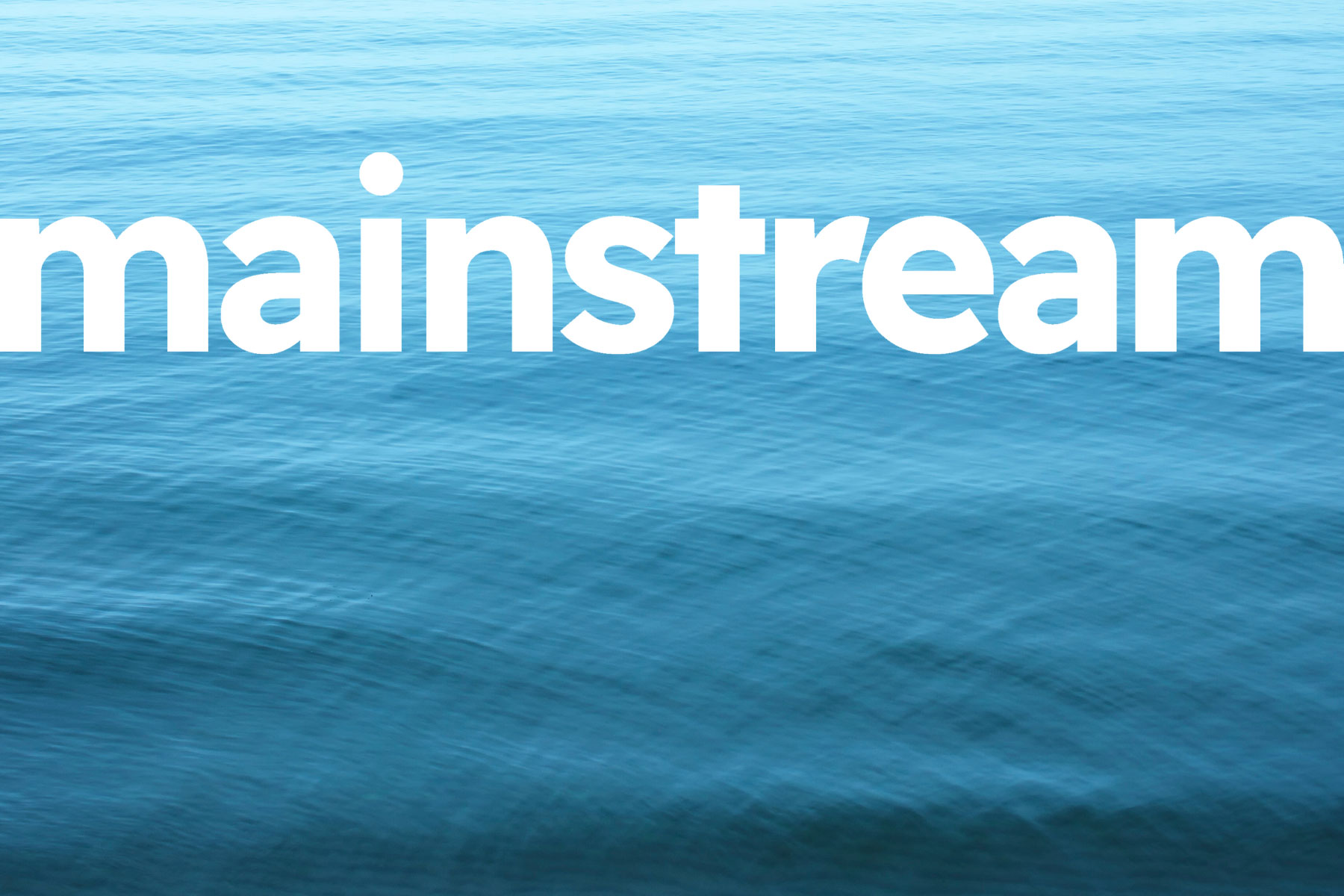Author
Related events
MAINstream Cheltenham Pitch Event


MAINstream Cheltenham Pitch Event
Event
Feb 25 2026
15:00
Malmaison, Bayshill Rd, Cheltenham GL50 3AS
MAINstream South West Pitch Event


MAINstream South West Pitch Event
Event
Apr 29 2026
15:00
Exeter - Venue TBC
MAINstream Cheltenham Pitch Event


MAINstream Cheltenham Pitch Event
Event
Jun 24 2026
15:00
Malmaison, Bayshill Rd, Cheltenham GL50 3AS

